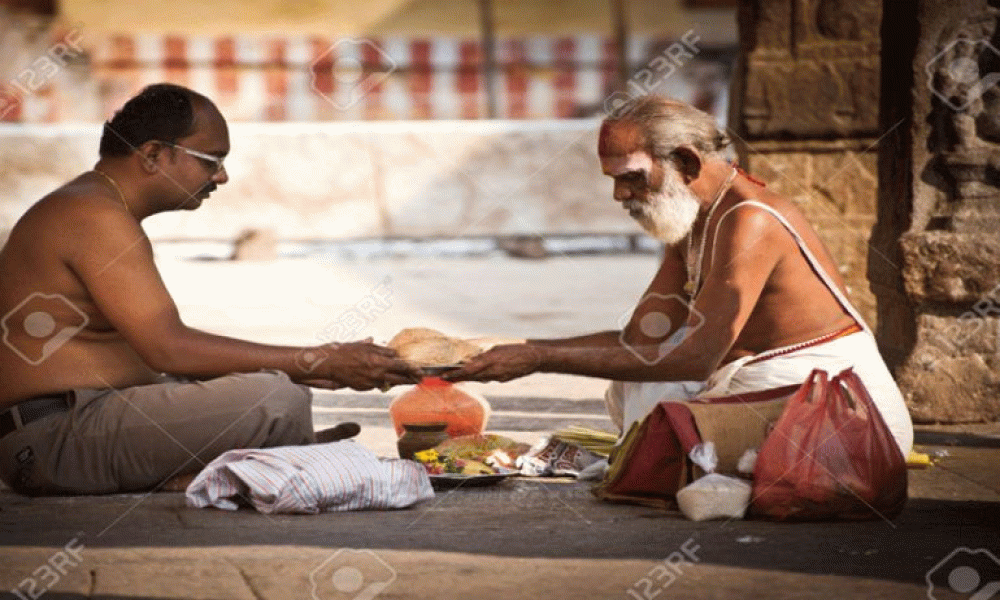Baldip Prabhaswor Chamling
I often use the word Bahunbad (Brahmanism). Whether speaking in public or writing, I often criticize Bahunbad for ruining the country and perpetuating discrimination against Adivasi Janajatis, Dalits, women and other marginalized communities. Therefore, I also draw flaks from Bahuns (Brahmins). They flay me for being an anti-Bahun Janajati.
When they criticize me as anti-Bahun, I feel sad not because they hate me but because they fail to understand what Bahunbad really means. But not every Bahun hates me. Some of my Bahun friends understand my point, and they never take it personally. Yes, criticizing Bahunbad is not criticizing Bahuns. It is not about an individual Bahun or the whole Bahun community. It is about the tendency shown by Bahun rulers who seized the state resources and marginalized the majority of the population.
How can I be an anti-Bahun? How can Janajatis be anti-Bahun? Do we not realize that Bahuns are as human beings as us? Do we not realize that Bahuns are as Nepalis as us? Yes, we do. They are like our brothers. We cannot hurt them. We do not want to hurt them.
How can I be an anti-Bahun? How can Janajatis be anti-Bahun? Do we not realize that Bahuns are as human beings as us? Do we not realize that Bahuns are as Nepalis as us? Yes, we do. They are like our brothers. We cannot hurt them. We do not want to hurt them.
Nevertheless, I will never hesitate to criticize Bahunbad. I believe Bahunbad is an ism rather than a community. And this dangerous ism can be bound non-Bahun communities, too. So even Bahuns must speak up against Bahunbad.
Ethnic discrimination is a bitter reality of Nepal, and we cannot ignore it. Bahuns pushed Janajatis and other communities to the margins to grab all resources. They never cared about how their fellow Nepalis are living or feeling. Their identity became Nepali identity and other communities' identity was left into oblivion. Their tendency to eat the whole cake while others die of hunger became popular as Bahunbad. So every discourse about inequality, discrimination and identity warrants the use of the word Bahunbad. That is why I cannot help thinking and talking about Bahunbad.
Bahuns hate to talk about ethnicity-based discrimination. When we talk about it, they call us communalists and preach about social harmony, nationalism and national integrity. It is understandable why Bahuns to hate to talk about it. Bahuns need not talk about it because the state has preserved their religion, promoted their language and protecting their identity. They do not feel how living without identity means. I am sure they would have talked about ethnicity-based discrimination in louder voices if they were in our place.
Social relations between Bahuns and Janajatis are exemplary. We have always lived together and respected each other's culture. But our political relations are strained. Nature of ethnic discrimination is social, not political. It is a political issue, and we need to address it politically. We should not allow our strained political relations to affect our amazing social fabric.









